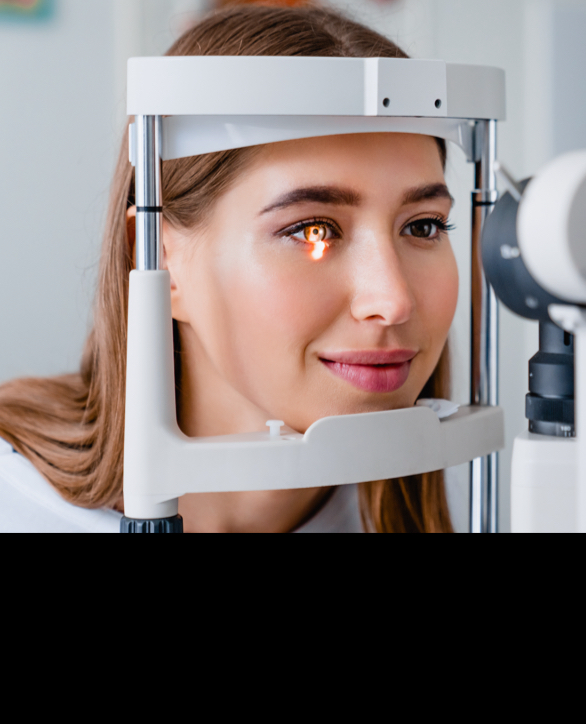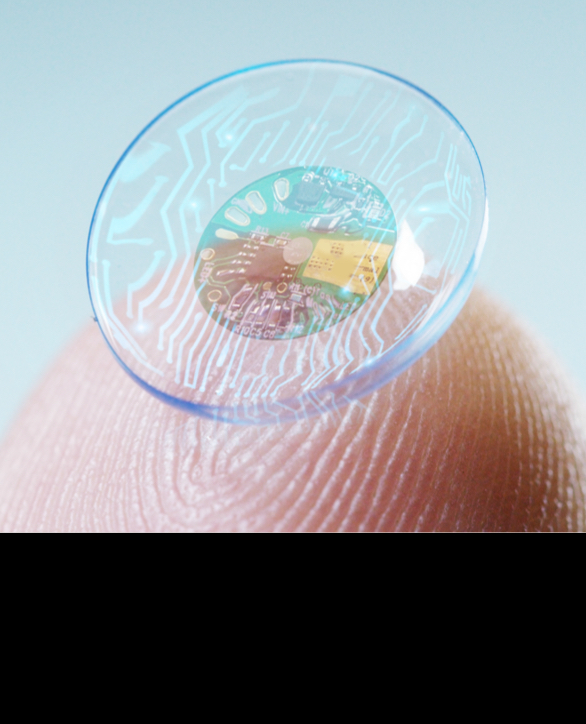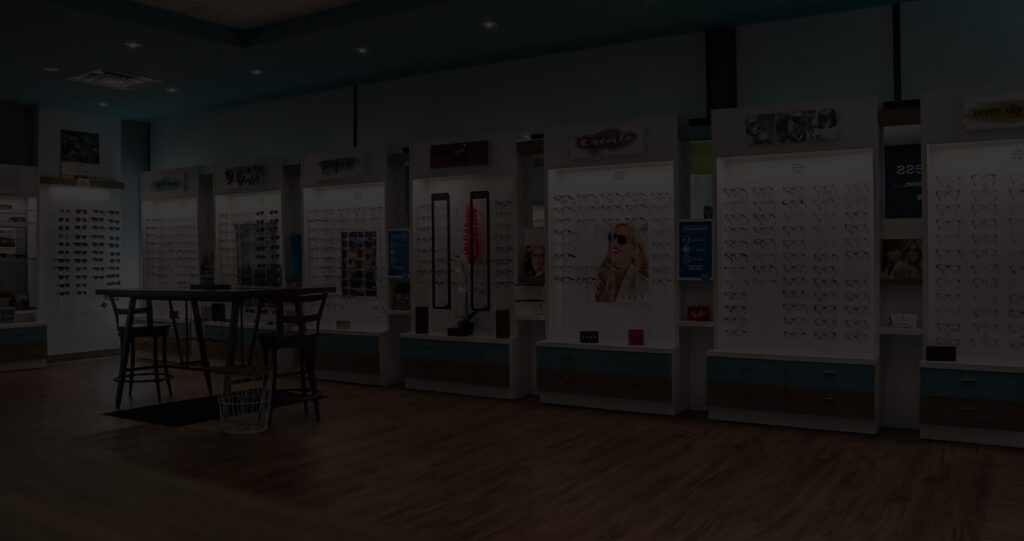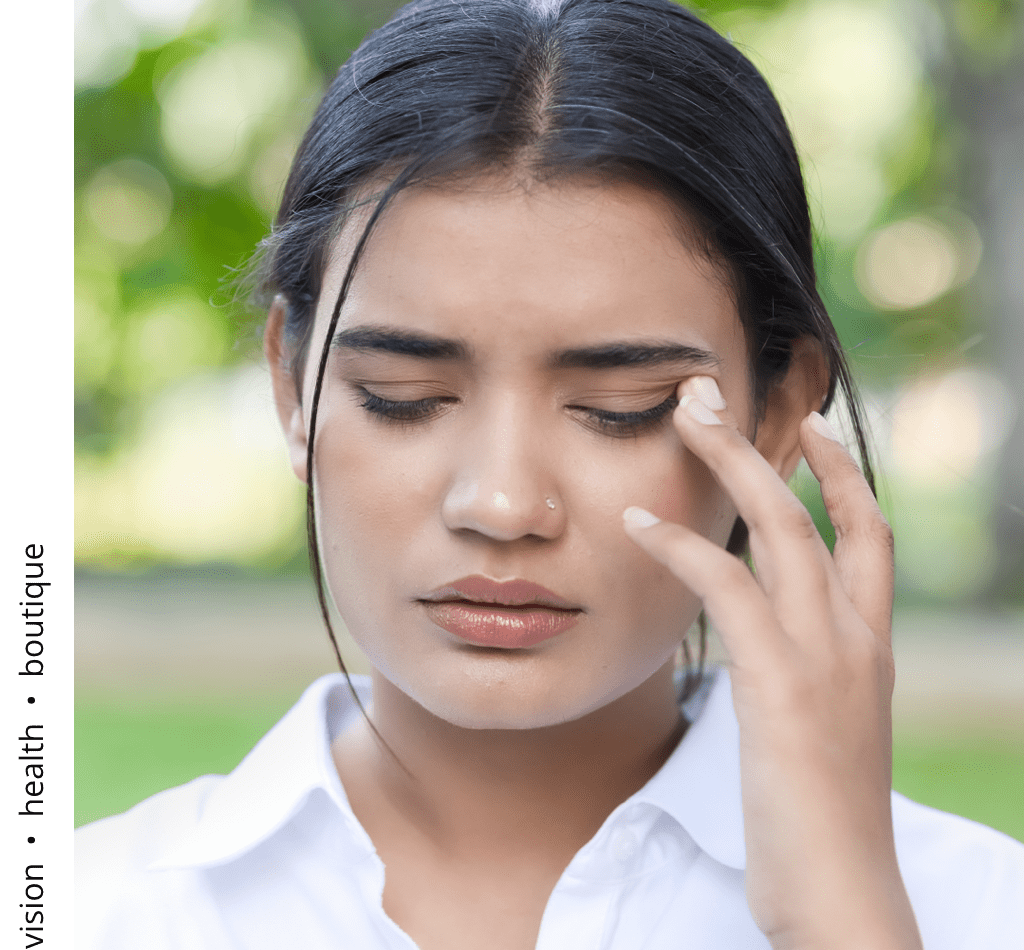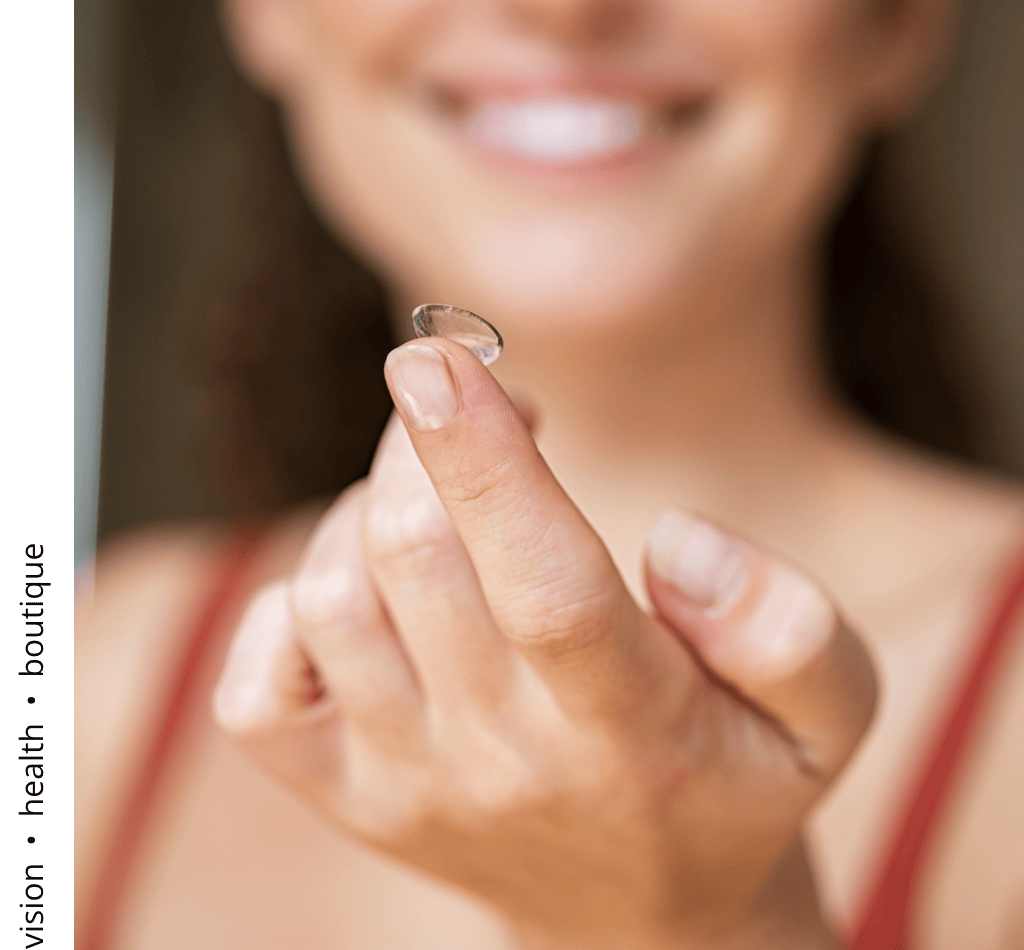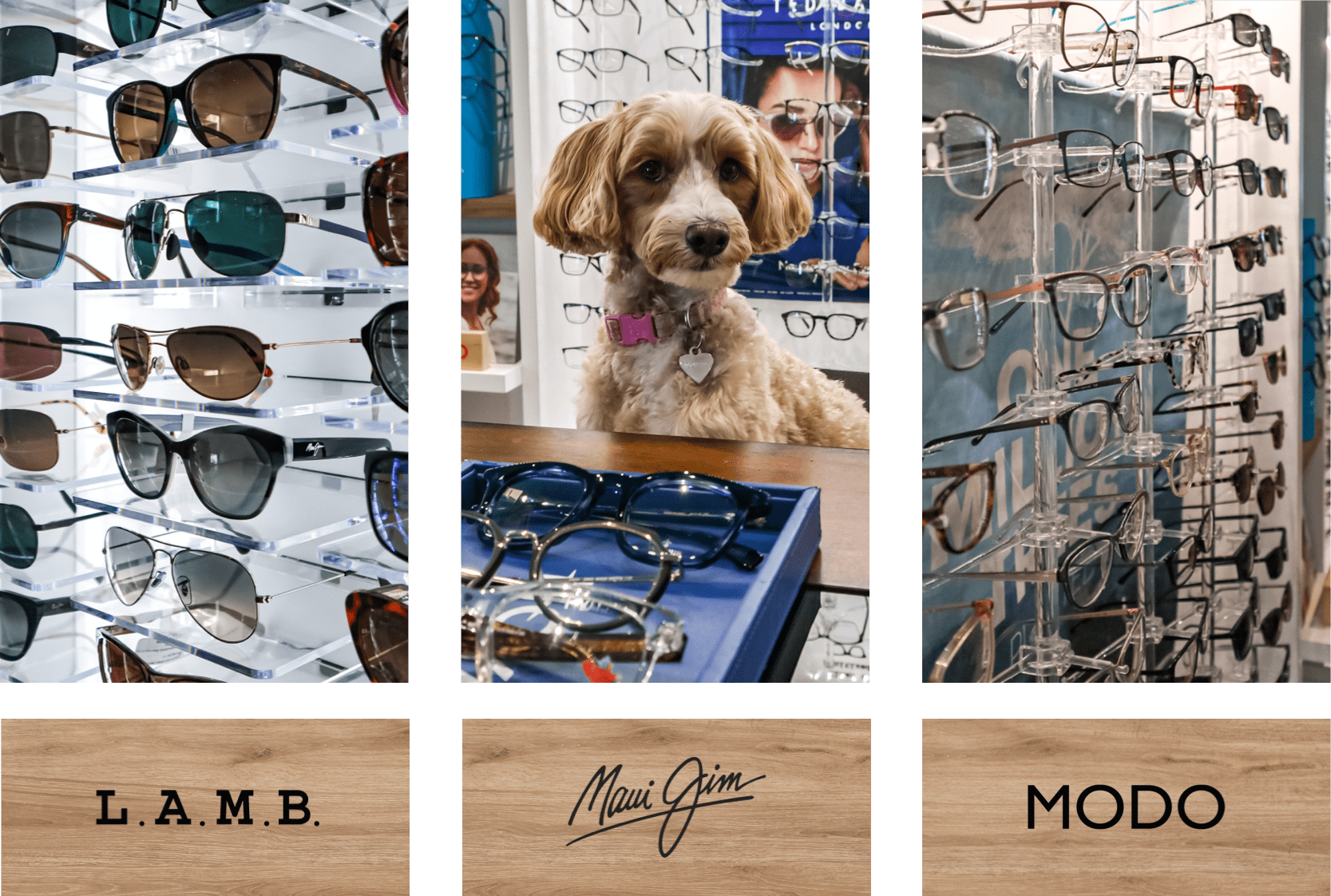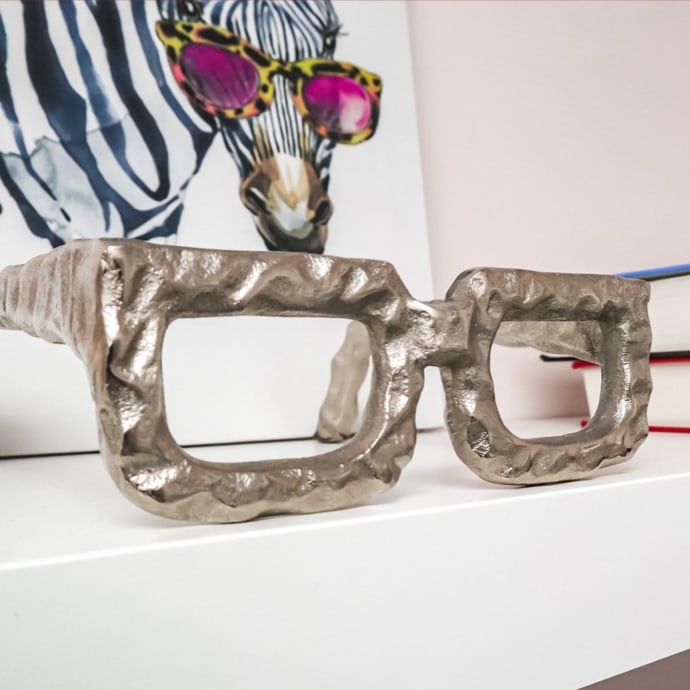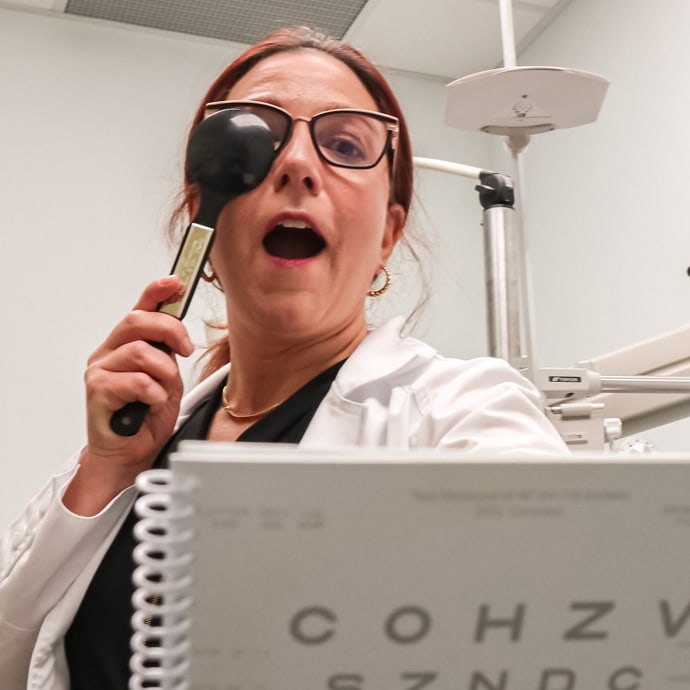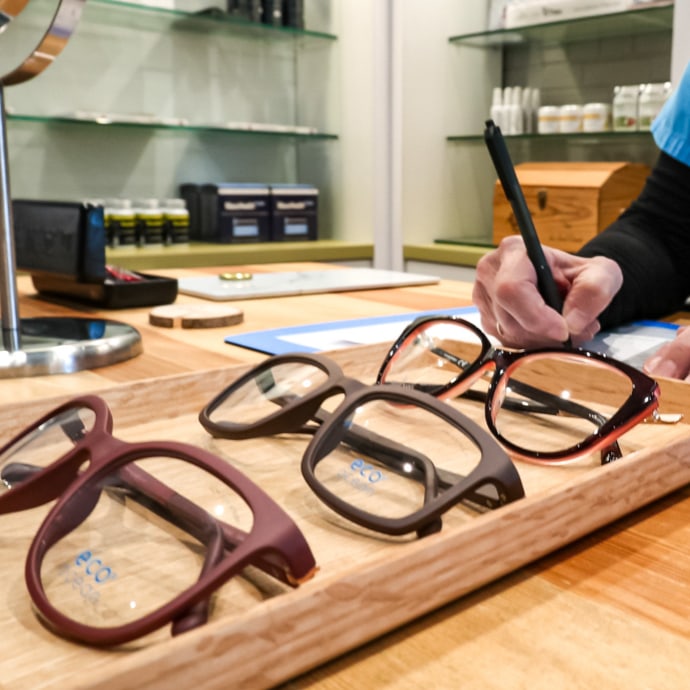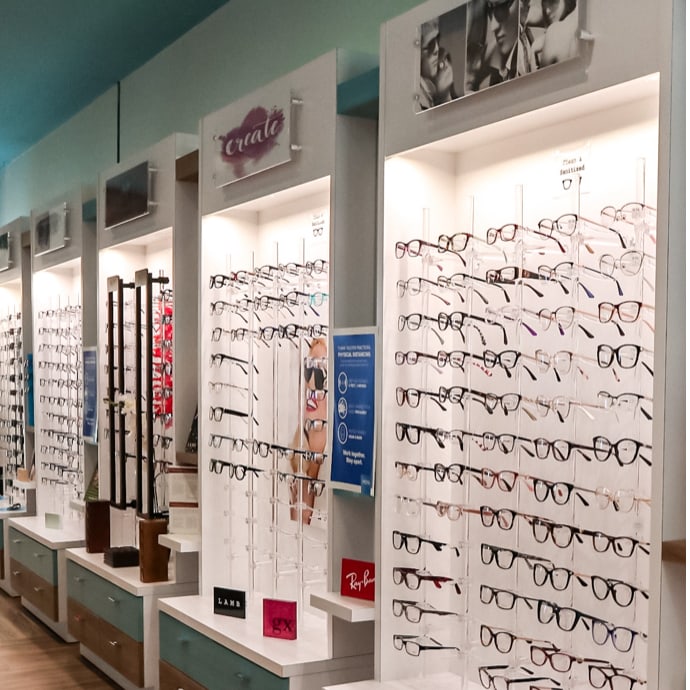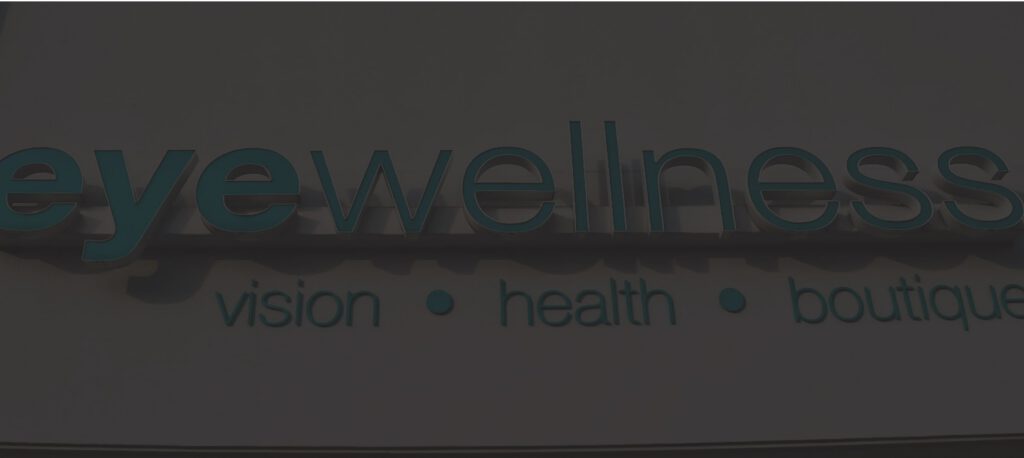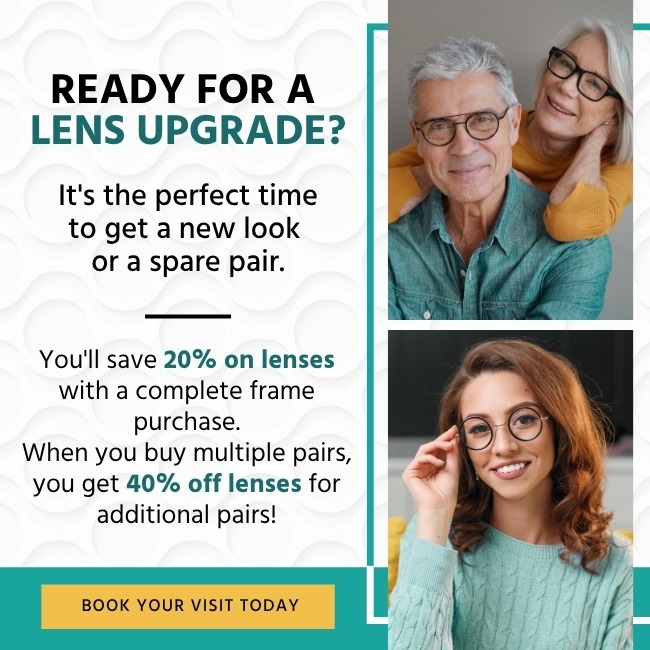How to Keep Your Eyes Healthy
Your eyes play a critical role in how you interact with the world around you. Even though we use them almost every moment of day-to-day life, we sometimes take our vision for granted. With that being said, it’s important that you value ocular health. A conscious lifestyle and regular eye exams are key for prosperous vision.
Here are 10 healthy vision tips to make sure your eyes stay as healthy as they can be.
#1. Keep a Healthy & Balanced Diet
Your eye nutrition is crucial to your overall ocular health. Without proper nutrition, your eyes are more prone to diseases, infections, and low performance.
Having a healthy diet means having a balanced intake of vitamins, antioxidants, and even some healthy fats. Examples of powerful nutrients and where to find them are:
- Vitamin C – Found in great quantity in oranges, tomatoes, grapefruit, and broccoli.
- Omega-3 Fatty Acids – Mainly from fish, but also found in walnuts and soybeans.
- Zinc – An essential mineral present in red meat, beans, seeds, and seafood.
- Vitamin E – In Avocados, almonds, sunflower oil and seeds, and hazelnuts.
#2. Have Routine Eye Exams
It’s recommended that you have your eyes examined at least once a year, especially if you’re over the age of 40. The reason for this is to allow your optometrist to notice changes in your eyes and detect eye diseases early. Eye doctors can also build you a customized preventive plan, ensuring your eye wellness is maintained.
Eye diseases can come about suddenly and have lasting consequences, so it’s in your best interest to give your optometrist (and yourself) an upper hand.
#3. Give Your Eyes a Rest
A recent survey showed that the average Canadian spends 11 hours per day on screens. This is not a strange fact to our increasingly digital modern life, but the stress that digital screens can cause your eyes are nothing to ignore.
Digital eye strain, also called computer vision syndrome, is a common ailment affecting those who overexpose themselves to digital screens. This condition causes dry eyes, headaches, blurry vision, eye fatigue, and more. But there are several options to alleviate the effect these screens have on your eye wellness, like the 20-20-20 rule.
Every 20 minutes, take a 20 second break from looking at your screen to focus on something 20 feet away. This helps relax your eye muscles from being too focused on your screen and manages vulnerability to blue light.
#4. Protect Yourself From UV Rays
Ultraviolet radiation, also known as UV light, is a form of radiation emitted by the sun, invisible to the human eye. Although invisible, these rays can result in chronic eye damage.
There are 2 types of UV rays that can harm your eyes, UV-A & UV-B. Since this radiation can cause lasting eye damage, it’s imperative you wear sunglasses when exposing yourself to the sun for long periods. To best preserve your eye’s health, your sunglasses should:
- Block 99% of both UV-A and UV-B radiation
- Have perfectly matched lenses in colour and distortion
- Screen out at least 75% of visible light
To ensure your sunglasses do a proper job, you should consult with an eye doctor to see what type of sunglasses are the best fit for you.
#5. Use Well Fitted Contact Lenses
Contact lenses are a great alternative to prescription glasses. But wearing lenses that don’t fit properly can cause long-term eye damage, so beware of one-size-fits-all advertising. Since there are no 2 sets of eyes quite the same, it’s crucial you visit an optometrist who can accurately determine your vision requirements.
In the examination room, your optometrist will first conduct a thorough evaluation of your eyes to see if contact lenses are an effective way to help your vision problems. If it’s the right choice for you, they will then determine a correct contact lens prescription, as this usually differs from an eyeglass prescription.
Afterward, your doctor will measure your cornea and eye globes in detail to find the size and type of lens that best fits you. Then you take home a pair of trial lenses in the exact specifications your doctor prescribed. This way you can experiment with the lens in a daily routine. If it’s a good fit, excellent! If not, work with your optometrist to try different styles, sizes, and brands until you find the perfect lenses.
#6. Remove Contact Lenses at Night
While we’re on the subject of contact lenses, this simple tip will do wonders for your eye health.
If you are a lens wearer, take your contacts out at night. This gives your eyes some much-needed breathing room, since leaving them on overnight blocks oxygen from reaching your cornea. This can cause inflammation, and maybe even deform your eyes.
This also gives the contact lenses a chance to rest in a cleaning solution, which kills bacteria, prevents eye infection, and prolongs the integrity of your lenses.
So be sure to always take them off before bed!
#7. Wear Protective Gear
Your eyes are very sensitive organs. A direct impact, debris, heat, or loose particles can seriously damage these wonder globes.
Consider using eye protection if your work or lifestyle requires them; while doing repairs, woodworking, and even while engaging in physical activities or sports. Prescription eyewear is becoming increasingly available for specific activities, like hockey visors and scuba goggles.
#8. Exercise Regularly
Having a healthy lifestyle decreases your chances of developing chronic diseases by quite a margin, and eye diseases are no exception. Studies have shown that several eye conditions, including glaucoma, age-related macular degeneration, and diabetic retinopathy are all associated with lower activity levels.
You don’t need to become a fitness fanatic, but taking just a 30 minute walk around your neighbourhood 4 times a week will greatly improve your vascular health. And it doesn’t have to be walking either. Any physical activity that gets your blood flowing will positively impact your ocular health.
Cardiovascular exercises, like aerobics, improve the blood flow in the optical nerve and retina, while also lowering your intraocular pressure. So be sure to stay active, as the benefits far outweigh the efforts, for your eye wellness and general well-being.
#9. Ask Your Optometrist About Prescription Supplements
Any vitamin deficiency can heavily affect your long-term ocular health, and it can happen to anybody. Even with a balanced diet, some people struggle to absorb all the nutrients they need from food only.
Routine eye exams let your doctor keep up with the changes that naturally occur in your body and eyes as you age. If necessary, your optometrist may prescribe supplements to help your body deal with certain deficiencies.
Try to avoid over-the-counter supplements, as some vitamins can be harmful to your health when taken in excess and without the advice of a professional.
#10. Consider a Planned Diet by an Eye Nutrition Expert
Paying attention to your eye’s well-being and nutrition is vital! Especially as you age and become more susceptible to common eye diseases like glaucoma, cataracts, and age-related macular degeneration.
This is true to such a degree that experts are specializing in nutrition-based preventive care. This sort of approach has a very positive influence on your eye health, since many eye diseases are related to other factors in the body.
Preemptive care is a fundamental part of maintaining properly functioning eyes. Please consider making an appointment with an eye nutrition expert to keep one of your most important body parts in good health.
Healthy Eyes, Great Vision
Your lifestyle choices can greatly affect your eyesight and your general quality of life. There are so many easy ways to prolong healthy vision that can be seamlessly integrated into a routine. Hopefully, these tips and techniques inspire you to consider ocular health a priority. Keep a balanced approach to daily activities and it will surely benefit your vision.
You’ll thank yourself when you’re older.



